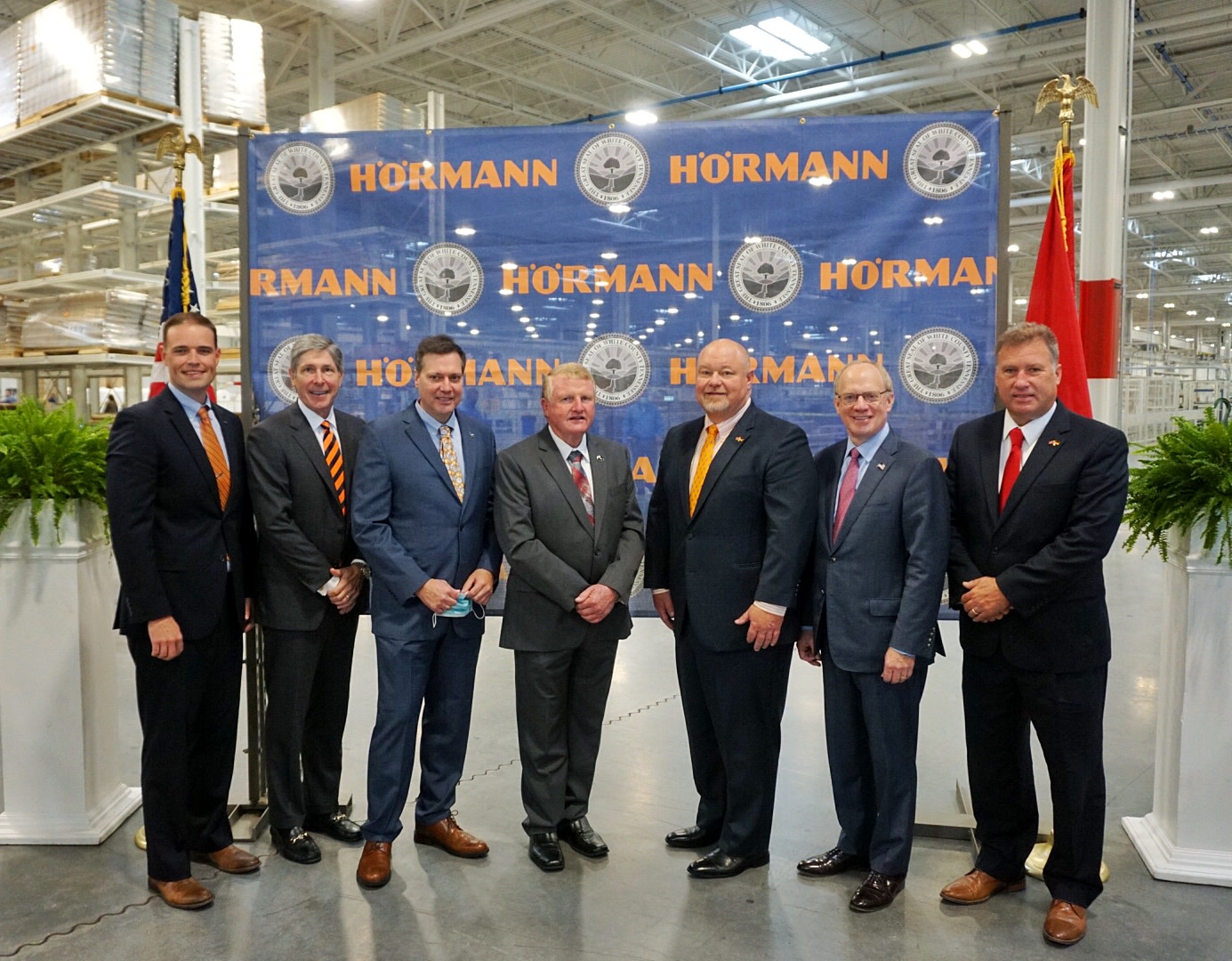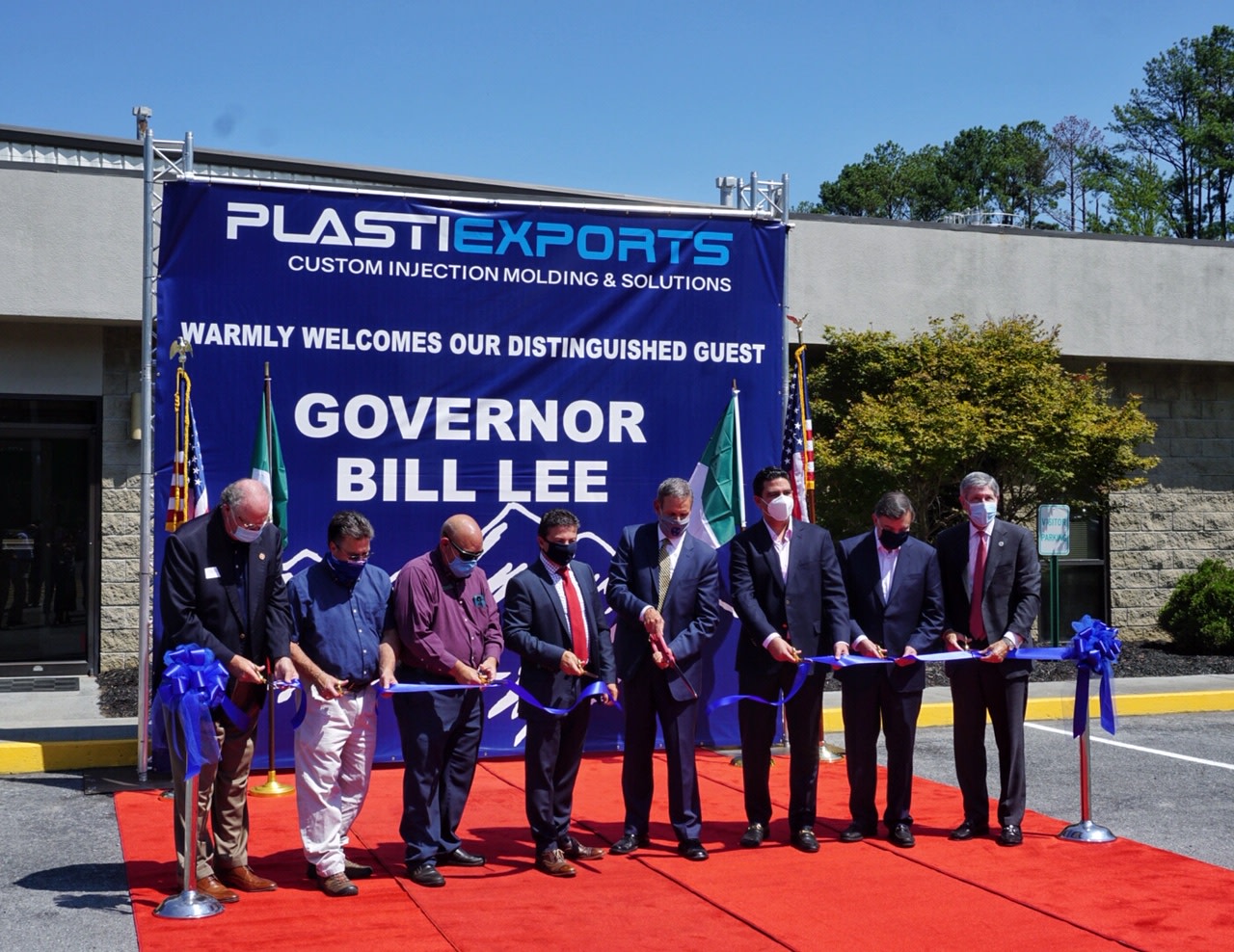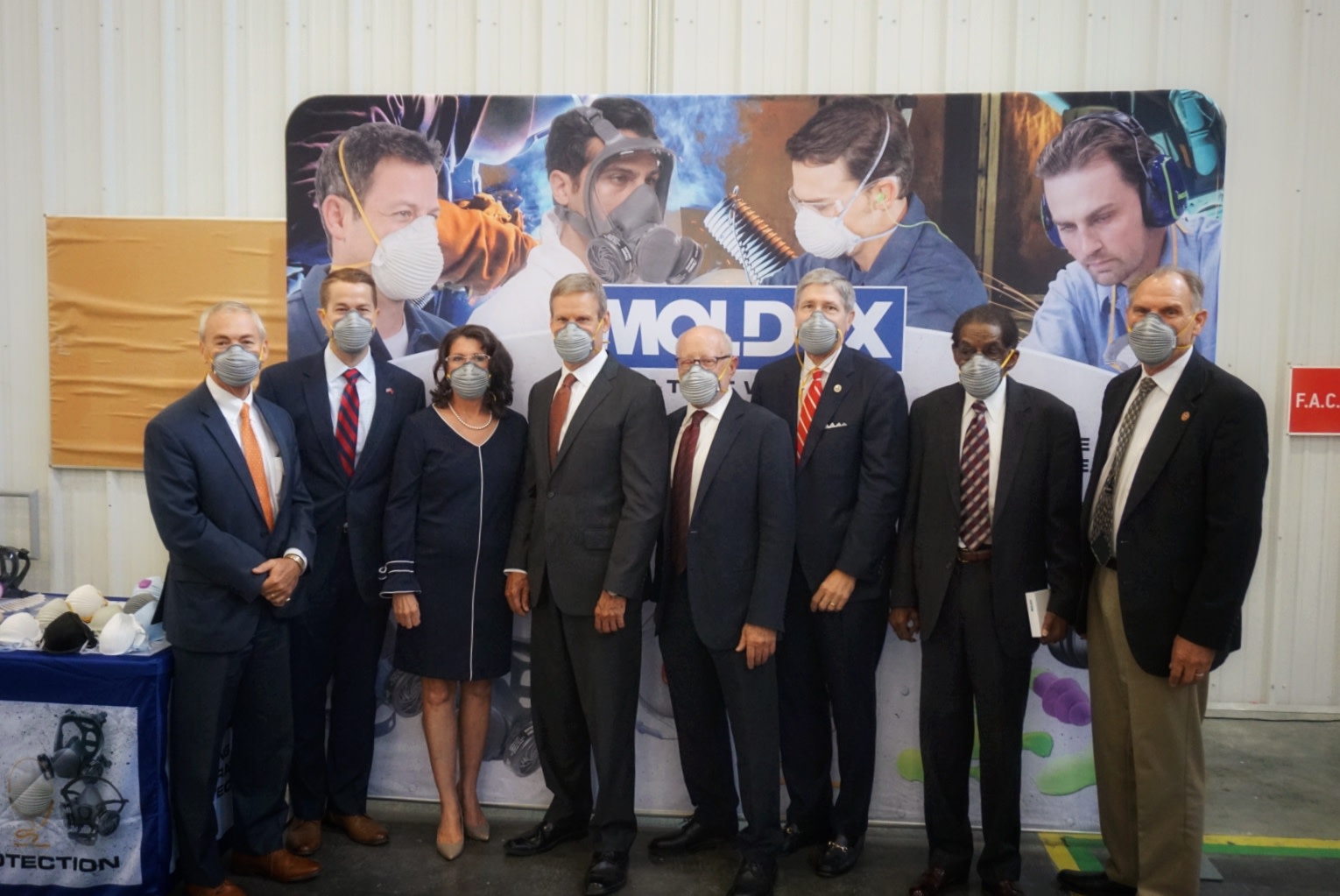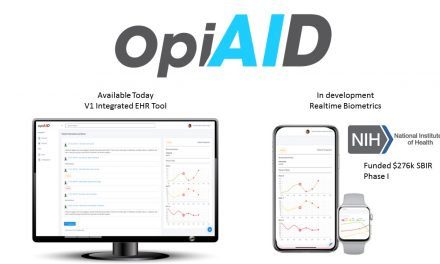Though it might not make their public communications, businesses seated in the State of Tennessee do more than just create revenue. They serve the community in a number of ways, including job creation and neighborhood investment. Each business operating in the State also helps to architect the State’s future, adding to the limitless potential of the goods and services available to Tennesseans. In addition, the state itself, by virtue of the business environment it creates, helps to set the stage for future growth and expansion.
But what does such a tomorrow look like? And how will those participating in today’s decision-making better tomorrow’s economy?
The Tennessee Department of Economic & Community Development (ECD) is an organization that serves the industries in the Volunteer State. Its directive is to bolster the already robust commercial activity happening from one county to the next, serving as a liaison between businesses assessing the idea of locating themselves in Tennessee and the resources that the State has to offer.
Part of this mission includes making companies aware of the benefits of doing business in Tennessee. “Our job at ECD is to recruit companies to Tennessee,” explains ECD Commissioner Bob Rolfe. “As part of that, when a company approaches the State, we show them what our inventory of assets looks like. And then it’s incumbent upon that company to decide what they’re looking for, matching what our skill sets are.”

According to the ECD’s website, there are upwards of 2.6 million Tennesseans employed within the private sector and more than 3.1 million Tennesseans with a high school degree or higher. In addition, Tennessee is number one in the U.S. for advanced industry job growth according to The Brookings Institution. The website outlines the beliefs of the ECD, saying, “We believe in high expectations, low debt, and a pro-business regulatory environment. Tennessee is proud to be a right-to-work state with no personal income tax on wages. Our state and local tax burdens are among the lowest in the country, and our state budget operates with a healthy surplus rather than a deficit.”
Being a single touchpoint for everything a business might need, ECD will provide the list of incentives available to a company that is in the process of shopping locations once they’re ready to “drop anchor” and open up shop in Tennessee.
ECD’s job is not only to steer economic progress, but to predict which sectors of business are set to explode with growth. So just where does Commissioner Rolfe foresee the most growth happening in Tennessee?
“Ten years from now, I think we will continue to grow our life sciences, bio-pharma, HQ, IT, and healthcare. So those would be what I’ll call some of the leading industries that I think Nashville will continue to attract,” he states.

Expanding further on the question, Commissioner Rolfe says that other areas he expects to continue growing in West Tennessee include agricultural-focused businesses (agribusinesses) and their manufacturing base. According to Rolfe, these businesses are all part of the region’s success narrative.
Discussing Memphis in particular, Commissioner Rolfe states that vendors in the supply chain make up a huge industry that some people overlook. He explains, “If you look at West Tennessee, and look at third-party logistics… FedEx is not only the greatest entrepreneurial story, but it’s probably our greatest global brand.” He clarifies that statement by noting that FedEx planes are seen on virtually every airport tarmac around the globe.
Meanwhile, in East Tennessee, Commissioner Rolfe shares that Eastman Chemical Company has recently announced a $250M investment for a plastic-to-plastic molecular recycling facility in Kingsport. There are also a few development projects that ECD is involved with for both the University of Tennessee and Oak Ridge National Laboratory.
On the other hand, Middle Tennessee is a different story. This region may be uniquely affected by future happenings in the State. “We have a thousand automotive companies that call Tennessee home. When I say that, we’ve got three original equipment manufacturers (OEMs), we’ve got Volkswagen, the Nissan plant, and the General Motors plant. And then you’ve got all of these Tier 1, 2, and 3 vendors wrapped around that.”
While he doesn’t feel that he’s knowledgeable enough to discuss the specifics of climate change, Commissioner Rolfe speaks confidently in saying that automotive attempts to address climate change will have a transformational impact on the region over the next 10 years. He tells Launch Engine that many automobile manufacturers are committing to making electric vehicles, which will dramatically alter the region’s automotive ecosystem.
“What I’ve discovered in my job over the last couple of years—and we’ve seen this coming—is that the technology wrapped around the lithium-ion battery has made enormous advances,” Commissioner Rolfe says. He attributes this improvement in the tech of electric vehicle batteries to OEMs outsourcing this part of car manufacturing to specialists already knowledgeable in this technology.
He explains that in the past limitations in electric vehicle technology prevented drivers from treks of over 100 miles, and that recharging the vehicle might take up to eight hours. However, in recent years, this tech has advanced greatly—now allowing for travel of around 300 miles, with batteries that can be 80 percent charged in under 20 minutes.
“The byproduct of all of that is that the electric vehicle has zero emissions, right? And the electric vehicle, the batteries have a life of up to 10 years. And you’ve got lower maintenance,” says Commissioner Rolfe. He adds that GM has already announced plans to build a brand new plant for making electric vehicles in Spring Hill. Further supporting these advancements, Rolfe shares that Governor Bill Lee has specifically requested that ECD do what it can to attract more electric vehicle manufacturers and suppliers.

The projected rise of the electric vehicle isn’t the only anticipated change in the business landscape that Commissioner Rolfe sees for Tennessee. He predicts major changes in the State’s workforce. Referencing Nashville’s downtown business district, Commissioner Rolfe tells Launch Engine, “I can simply say that the pipeline of activity today is more robust than it’s been in the last four years. And what I can’t tell you is, ‘Why?’—but for the fact that we’ve had this pent-up demand. The pandemic brought basically… the world economy to a screeching halt. Months later, a whole host of these companies have had the opportunity to hit the pause button, and identify where they want to transact business: In what states? In what cities? And what that business footprint looks like, specifically this… alternative work solution [model], where people can work remotely.”
Right now, ECD is taking stock of different wavelengths of positive activity, including headquarters relocations, which Commissioner Rolfe cites as “the trophy of trophies.” This is of note for ECD because C-suites relocating to Nashville means that company culture becomes infused with values relevant to Music City. It also can result in corporate support for local causes, and high-paying jobs that can improve the quality of life for residents in the Greater Nashville area.
Rolfe offers the example of the Bridgestone Tower, which serves as the relocated headquarters for Bridgestone’s North American operations, previously based in Chicago. He says that Bridgestone quickly filled the space, prompting another satellite facility to be created in Antioch. Post-pandemic, Rolfe says that half of the space in the Bridgestone tower will be full-time employees. The other half will be used as “office hoteling” space that can serve the needs of those who come into the office for an in-person/remote work hybrid model. This is a model that Rolfe expects to increase in popularity, with State of Tennessee offices and other companies making use of office hoteling in the near future.
“That’s a long-term pressure test. It’s not like everyone went home for two weeks and came back…” Commissioner Rolfe says. “When you look at the people—specifically the millennial business population—I don’t know many that don’t really enjoy having that kind of flexibility.”

The desire for flexibility in the Millennial workforce is a discerning factor between Millennial workers and other generations. Referring to the differences in generations of the past, Rolfe says, “When I was in college, job one was to find a job. And if that job was in Pocatello, Idaho, that’s where I was going! Today’s world—this Millennial group—they decide [their] lifestyle; where they want to live. Then they go to that community, and then they look around and they find jobs.” This flexibility is part of an attitude that allows many Millennial workers to go all-in for their job, with the understanding that they want to maintain mobility in what they’re doing.
“The Millennial’s technical skill set is so advanced, and so sophisticated,” Rolfe states. “And of course, today, every company on the globe better have a technology strategy, or they’re going to be left behind.”
There are many major tech companies that have joined the ranks of those moving to Middle Tennessee, like Facebook and Google. Among these, Commissioner Rolfe says that AllianceBernstein’s move to Nashville is a premium example of a successful headquarters relocation story, with the company hiring 200 more workers than its original hiring goal. Rolfe says that AllianceBernstein’s boosting of its hiring came in part because the company was surprised at the quality of Nashville’s workforce. Amazon’s Operations Center of Excellence is another shining example of how Music City can attract global players to lay down roots. NewsChannel5 Nashville reports that the Nashville Yards facility in downtown will be a $230 million investment and is estimated to bring 5,000 jobs to the area when fully operational.
“That connects every package going from… every reseller to the home,” Commissioner Rolfe says. He estimates that they’ve hired almost 1,000 people already, and that their facility will be fully operational “pretty soon.”

For the future, Commissioner Rolfe is making sure that Nashville continues to have a tech-savvy workforce. Even though the State’s Department of Labor and Workforce exists for such reasons, the personnel required to meet the needs of incoming companies is important to Rolfe.
Looking forward, Rolfe states that Nashville has done “a fabulous job” of attracting the workforce of the future. But is it enough merely to have the people to fill these jobs? And can the area continue to do so?
“What I worry about is ‘Do we have enough human capital that have all the [technology] skill sets that are required in today’s world?’” Rolfe asks. The continued availability of a tech-savvy, well-educated workforce will play a major role in the state’s ability to lure major companies. Rolfe is hopeful for the future. “We are judged by the global brands that call our state ‘home…’ If those global brands are planting their flag in Tennessee, that’s a great signal to other companies that are considering coming to our state.”
For further information about the Tennessee Department of Economic & Community Development, be sure to visit its website and social media.








